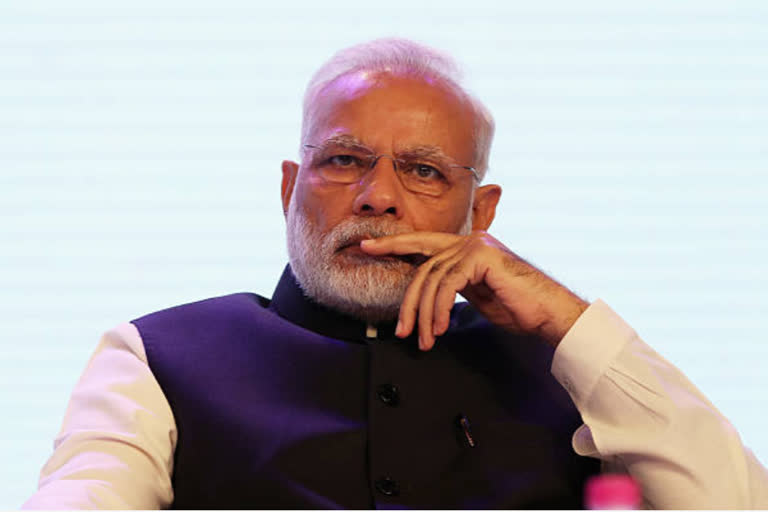New Delhi: The Union cabinet’s decision last week to cut the salaries of members of Parliament by 30% for a year and suspension of their local area development funds for two years to arrange the money to contain the outbreak of COVID-19 pandemic led to speculations that the government might resort to other drastic measures, including invoking the extreme provisions under the Constitution.
Congress Supremo Sonia Gandhi also advised the Prime Minister to suspend all foreign travels of ministers and put a hold on all the ads issued by the Centre and PSUs for a period of two years, among other things, to save the money as the country grapples with the global pandemic and its economic repercussions.
These developments led to the speculations that Prime Minister Modi might impose financial emergency in the country if the pandemic persists for a longer period that will put an extreme burden on the finances of the Union government.
Article 360 of the Constitution gives the power to the Union government to declare a financial emergency in the country.
PDT Achary, former secretary-general of the Lok Sabha said: “Financial Emergency means that the credit of the government suffers, it means that there is financial instability.”
What is Financial Emergency under the Constitution?
Article 360 says that if the President is satisfied that the financial stability or credit of India or of any part of the country is threatened then the President may proclaim financial emergency in the country.
Financial Emergency can be declared for two months but it can be revoked earlier by passing a resolution in Parliament.
During the financial emergency, the executive authority of the Union extends to States and it can direct them to follow the financial norms specified by it.
